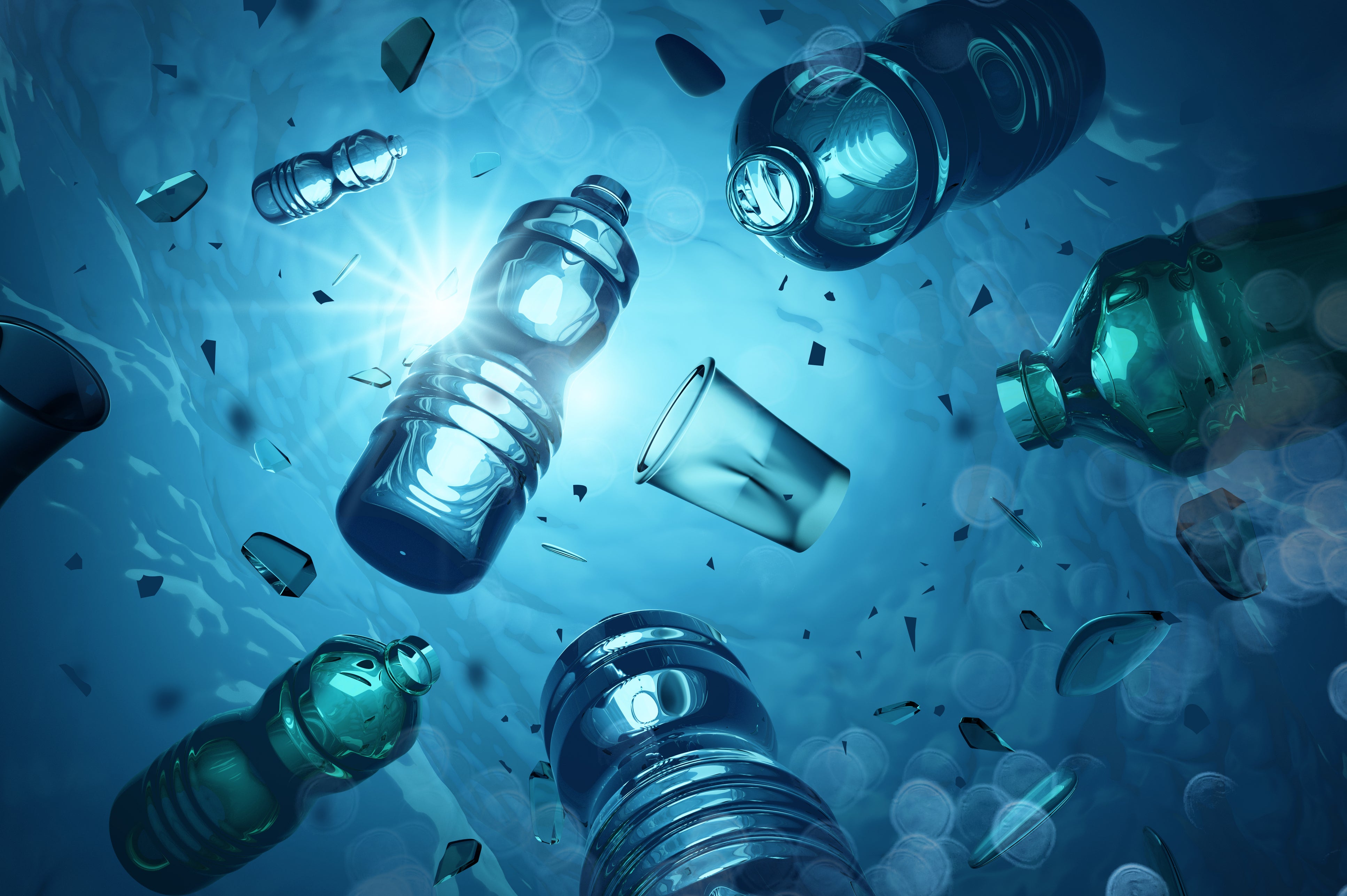Roast dinners could contain hundreds of thousands of microplastic shards
Researchers claim report shows that plastic packaging is major route for microplastics to enter our bodies
Your support helps us to tell the story
From reproductive rights to climate change to Big Tech, The Independent is on the ground when the story is developing. Whether it's investigating the financials of Elon Musk's pro-Trump PAC or producing our latest documentary, 'The A Word', which shines a light on the American women fighting for reproductive rights, we know how important it is to parse out the facts from the messaging.
At such a critical moment in US history, we need reporters on the ground. Your donation allows us to keep sending journalists to speak to both sides of the story.
The Independent is trusted by Americans across the entire political spectrum. And unlike many other quality news outlets, we choose not to lock Americans out of our reporting and analysis with paywalls. We believe quality journalism should be available to everyone, paid for by those who can afford it.
Your support makes all the difference.Enjoying just one roast dinner could result in a person ingesting 230,000 pieces of microplastic, according to a new study.
Researchers said eating a roast dinner – or a similar meal – every day would equate to eating two plastic bags each year.
The research by the University of Portsmouth, in partnership with ITV’s Good Morning Britain, claims to show that plastic packaging is a major route for microplastics – plastics that are smaller than 5mm in size – getting into our bodies.
GMB reporter Michelle Morrison cooked two separate roast dinners at home with the same ingredients - chicken, potatoes, carrots, broccoli, and Yorkshire pudding.
However, one meal was made with ingredients that had all been bought wrapped in plastic, while the second was made using loose ingredients.
The roast made from ingredients wrapped in plastic contained seven times more microplastics than the produce that hadn’t, the researchers found.
Dr Fay Coucerio, reader in environmental pollution at the University of Portsmouth, tested both roast dinners. He said: “From the results it would appear that the majority of microplastics in our food come from the plastic packaging it is wrapped in.
"However, there are other ways that plastic can enter the food chain. It could be getting into the vegetables through the soil or into our meat through grazing.

"Air has lots of microplastics in it too, so they could be falling on top of the food and finally it could be from the cooking utensils used when preparing a meal.”
In April scientists discovered microplastics in live human lungs for the first time.
Researchers from the University of Hull and Hull York Medical School also found microplastics in the deepest section of the lung, which was previously thought to be impossible due to how narrow the airways are.
Microplastics have previously been found in human cadaver autopsy samples, but this is the first study to show them in lungs from live people.

Join our commenting forum
Join thought-provoking conversations, follow other Independent readers and see their replies
Comments